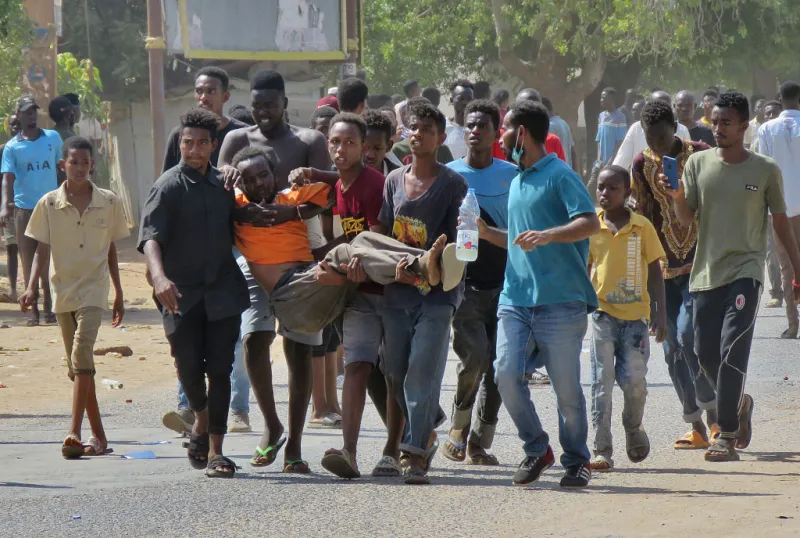
Abuja, Nigeria, Feb 1, 2017 / 09:46 pm (CNA/EWTN News).- For one Catholic bishop in Nigeria, social media and family life are two keys for evangelization and sharing the values of the Catholic Church.
“We need to invent new means of forming people’s consciences. We need to form new means of confronting the agents of non-values that are among us. We need to form new means of colonizing the media so that people can hear the voice of the Church,” said Bishop Emmanuel Adetoyese Badejo of Oyo.
The interview, conducted by Catholic News Agency for Africa, was released after the bishops’ conference in Nigeria last week.
Bishop Badejo is the chair of the Pan-African Episcopal Committee of Social Communications and is director of communications for the Catholic Secretariat of Nigeria. This year he is celebrating his 30th year as a priest and 9th year as a bishop.
The bishop warned of sometimes inappropriate use and malicious intent behind main stream media. Social media can divide communities, exploit, and promote evil, he continued to say, explaining the role of the individual to create and distribute news.
“It depends on the man who is behind the camera, nor can the pen decide what to write, it depends on the one who is holding the pen.”
This does not mean that the Church is anti-media, he clarified. For decades, the Church has been stressing the importance of communication, he said, adding that social media is a positive gift with the ability to advance a mutual benefit for all humanity.
Bishop Badejo also said that “teaching and making the voice of the Church heard…is one of the highest responsibilities that the conference can undertake” because it is one of the highest sources of witnessing Christ.
“The family will remain the first environment where the child learns to appreciate humanity. The family is the first humanizing organization. The Church has the privilege of being the interpreter of revelation but the family is the cradle where all that has to be prepared.”
Because the family is the first source of education, it is dangerous to leave learning solely in the hands of media and education system. Appreciation of humanity comes with the family, he said, but secular media strongly opposes and weakens the family.
And while the family is natural ally to the Church, he warned, it has been weakened.
He spoke out against efforts to lead parishioners away from the truth, and said that hypocrisy and anti-values are sometimes even preached to the people from homilies. To fix this, he said, we must realize “the pulpit has moved to anywhere human beings gather, or can listen to anything.”
In earlier times, the Church was the leading voice in answers regarding morality, Bishop Badejo said, but now people seek answers in music and videos instead, ignoring the Church’s wisdom and contribution.
“People tend to completely ignore the effort the Church has consistently made to affect the Nigerian society in her mission of education,” he said. “The setting up of schools, educational institutes, formation centers, even seminaries and formation houses are activities of the Church that have transformed the society.”
The good work of the Church needs to be shown to the world, as does the reality of those in poverty, the bishop said. He highlighted the need to show the plight of those without a voice and to take a strong stance in favor of truth and human dignity.
If you value the news and views Catholic World Report provides, please consider donating to support our efforts. Your contribution will help us continue to make CWR available to all readers worldwide for free, without a subscription. Thank you for your generosity!
Click here for more information on donating to CWR. Click here to sign up for our newsletter.




Leave a Reply